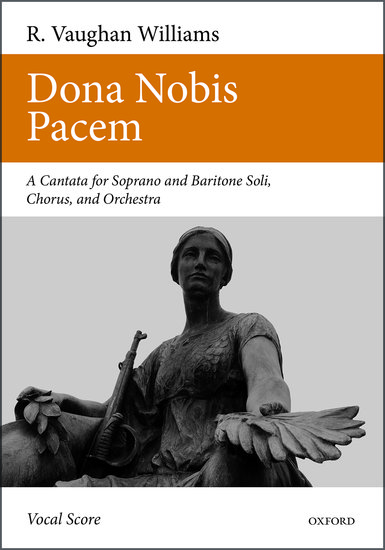Second childhood
By Jamie Davies
Embryologists who study the beginning of life, and gerontologists who study its end, interact rather little. This is hardly surprising: the former work with growth, construction and preparation for the long life ahead, while the latter work with loss, decline, and the inevitable journey to oblivion.









